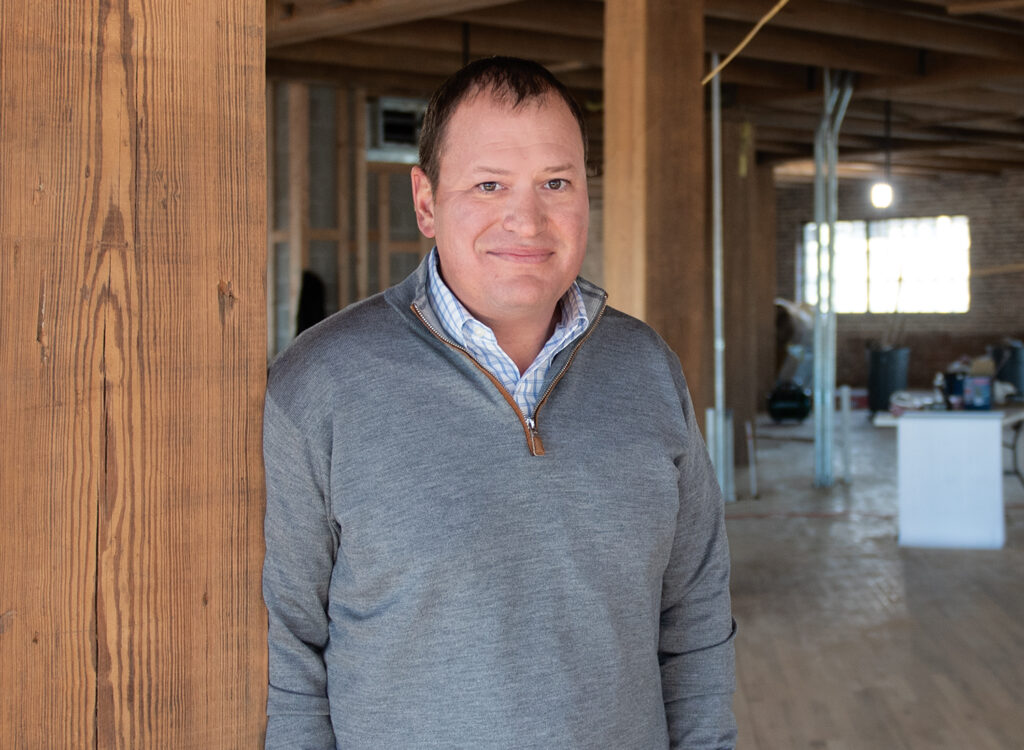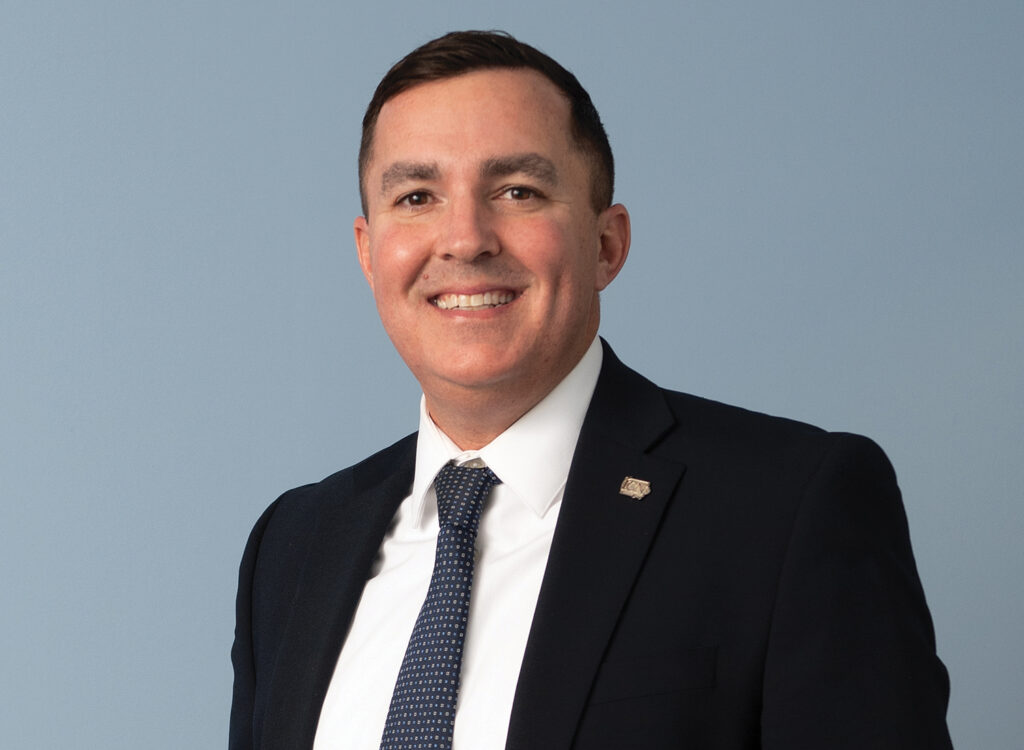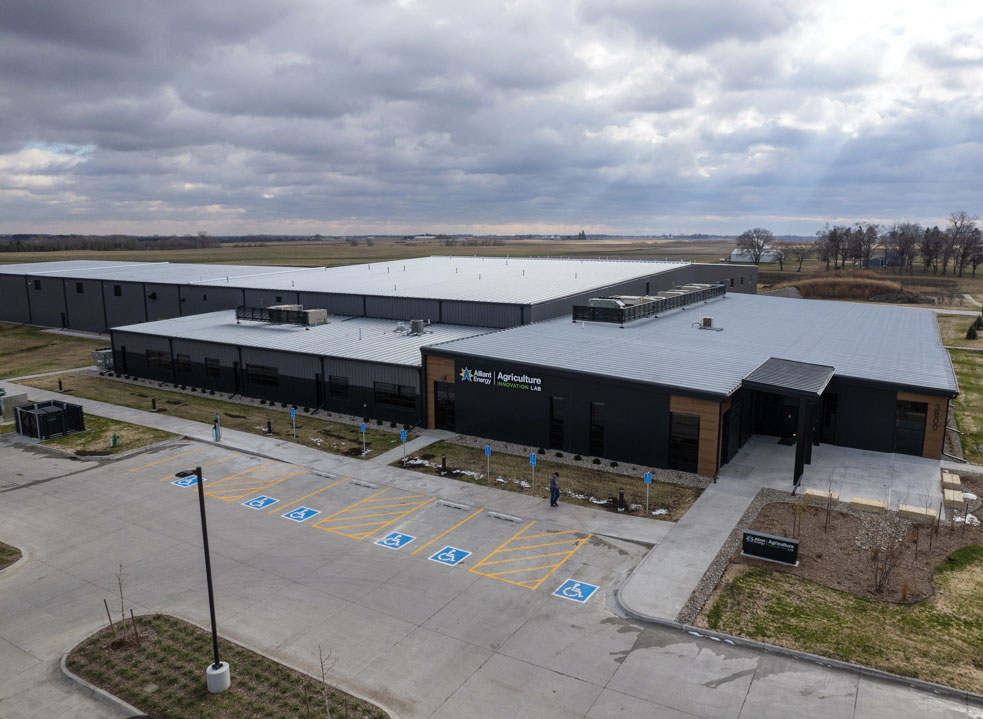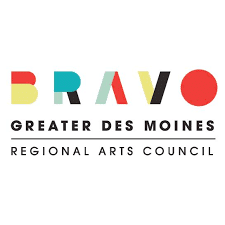To empower and develop
Latina Leadership Initiative seeks to build next generation of leaders

JOE GARDYASZ Oct 21, 2016 | 11:00 am
7 min read time
1,763 wordsArts and Culture, Business Record Insider, Lift IOWAYoung Latina women in Central Iowa who are looking to establish themselves as leaders in their professional roles and in their community have a program that’s tailor-made for them.
The Latina Leadership Initiative of Greater Des Moines, founded in 2013 by Sonia Parras, an immigration attorney in Des Moines, was developed by a group of Latina leaders who recognized the need for a program dedicated to empowering the next generation to lead. The program, which recently began sessions for its fourth cohort, takes participants through a curriculum of leadership classes, networking opportunities and mentorship experiences.
“There are other leadership programs around Des Moines, and they’re great, but for one reason or another not many Latina leaders were getting selected for those programs,” said Vivian de la Cruz, who in September was named the organization’s new executive director. “So it was really coming together to build a program where women could talk about issues happening within the Latina community.”
Developing more Latina leaders is particularly important as demographic growth continues to make Latinos a bigger slice of Iowa’s population. Iowa’s Latino population overall has more than doubled in the past 15 years to nearly 179,000, or 5.7 percent of the population. By 2050, it’s estimated that more than 441,000 Latinos will be living in the state and make up nearly 13 percent of Iowans.
The main purpose of LLI is to empower and develop Latinas between the ages of 20 and 30. In addition to being paired with a Latina mentor who’s a seasoned professional, participants in each class undertake a community project together.
“Some are already established in their profession; some are thinking about going back to school; some are finishing their bachelor’s or their master’s degrees,” de la Cruz said. “We’ve had women in the organization who have sought higher education after going through the program. … Whatever stage they are, there’s always been something that members have been able to benefit from.”
Mentorship is a big component of the program, because for many of the women, it’s their first time going through a leadership curriculum. “Having someone who is already established in their profession can help them,” she said. “And they decide whether they want to make that personal or if they want to keep it strictly professional.”
The 2017 class, which is the largest cohort yet with 16 participants, includes women who travel from as far away as Marshalltown, Waterloo and Iowa City.
Participants in each class dedicate two Saturdays per month, from 10 a.m. to 4 p.m. to attending the program. “We have speakers who come in and talk about a vast array of topics, such as Latina history in Iowa, women’s roles, health and wellness, and career development sessions that include mock interviews and resume workshops,” de la Cruz said. “It’s all geared towards making sure that women are granted opportunities in growing their network as well.”
Each LLI cohort has had a mix of women representing origins from many different Latino countries, many of them multilingual and a number of them seeking to tap more deeply into their Latina culture, de la Cruz said.
“No cohort is better than the other, but it’s amazing to see the different experiences that the women come with into the organization,” she said. “They bring many traits and skills into the organization, which is great because then the curriculum gets to fine-tune itself to the participants’ needs and the areas they want to grow into.”
One of the most predominant areas in which LLI participants have asked for more training is sharpening their wage negotiation skills.
“In my cohort we had a whole session dedicated to wage negotiation,” de la Cruz said. “As women, I feel that often we think, ‘Am I ready for this position?’ Maybe you have those little voices in your head that tell you, ‘Maybe I’m not quite ready.’ Really the wage negotiation seminar shows us that we are equipped to be confident in the skills that we have acquired and the skills and expertise that we have.”
Particularly with the latest cohort, de la Cruz has observed more willingness by employers to provide the time off needed to attend program events, and some companies are even stepping up to pay the tuition for the program. “So I think companies are seeing the value, because they are in turn investing into the organization,” she said.
Following the graduation from the 2015 LLI class, de la Cruz and some others in her class decided to form an alumni association so they could continue to volunteer and obtain professional development through LLI. More than half of alums have stayed involved with the organization by helping to organize sessions or other events, she said.
Looking to the future, de la Cruz wants Latina Leadership Initiative to further build community awareness of its programs, in part by its alumni gaining leadership positions. “We want to be able to be the voices of our communities, and by serving on different boards and councils citywide and statewide, we can only grow from there,” she said.
National group serves Latino population in Iowa
Longtime Des Moines Latino leader Joe Henry said he thinks emerging organizations such as Latina Leadership Initiative “are doing a very good job” in recruiting future leaders.
Five years ago Henry founded an Iowa chapter of the League of United Latin American Citizens, and he currently serves as a national vice president for LULAC, representing Iowa and 11 other Midwestern states. The organization’s mission is to advance the economic condition, educational attainment, political influence, housing, health and civil rights of the Latino population of the United States.
Henry sees one of his organization’s roles as helping local groups better connect emerging leaders to give them a broader exposure at the national level. For instance, LULAC’s Iowa chapter in February took a contingent of its members to Washington, D.C., to meet with Iowa’s congressional delegation. LULAC also has a collegiate group, many members of which are Latinas who participate in the college councils of the organization, he said.
The Latina Leadership Initiative has been focused primarily on establishing its own program and has not yet established formal relationships with other Latino groups in Iowa, Executive Director Vivian de la Cruz said. However, LLI plans to develop those ties, she said.
Since 2012, LULAC has tripled its number of local councils in the state, to 14, Henry said. And twice as many Latinos — about 50,000 — are registered to vote this year compared with 2008.
“The Midwest is a growing area for Latinos and immigrants,” he said. “If you look at Iowa, we would have had negative growth if not for immigration and Latinos.”
Meet three LLI Grads
Vivian de la Cruz
Vivian de la Cruz was named executive director of Latina Leadership Initiative in September, succeeding Christina Fernandez-Morrow.
De la Cruz, who learned about the program through social media, is a graduate of LLI’s 2015 class. Once she applied to LLI, she re-enrolled at Iowa State University to finish her degree in financial counseling and planning with an emphasis in family financial services. She also left her full-time job at a bank in sales and service capacities and began working for herself.
Through the Latina Leadership Initiative, “I was really able to find my support system,” said de la Cruz, who completed her degree in 2015. In late 2015, she became the organization’s president
and board chairman.
She’s now an asset development associate at the Evelyn K. Davis Center for Working Families in Des Moines. She works with small-business owners and leads a series of boot camp workshops. For now, she will continue in that role as she also leads LLI.
“I always say that LLI believed in me before I believed in myself,” she said. “Through the professional development program and the mentorship, I feel that was a huge part of my journey through.”
Marlú Abarca, a 2016 graduate of LLI, said participating in the program was a life-changing experience for her, and really, it was. During one of the class sessions, she and her cohorts heard presentations from nonprofit and governmental organizations from across the state, among them the Iowa Commission on Human Rights.
Abarca, who was 23 at the time, learned about the Iowa Commission on Latino Affairs and was encouraged to apply for a seat on the commission. She did, and in March she became the youngest member ever appointed to the commission.
“For someone who came to Iowa without knowing anyone, LLI has been like a family to me,” said Abarca, who moved from Los Angeles six years ago to attend Grinnell College, where she graduated in 2014. “I’m forever grateful to have been a participant. I know I can count on the professionals in the organization, because they truly care about my development.”
Abarca, who has a psychology degree, recently began working for Orchard Place as a behavioral health intervention specialist and the organization’s Latino outreach coordinator. In the community, she’s working to pilot a bilingual storytime program for the Des Moines Public Library and is active in LLI’s alumni association.
Thalia Anguiano
Thalia Anguiano, a senior at Drake University, is one of the 14 graduates from LLI’s 2016 class. Notably, she’s the first Latina student body president in Drake’s history, and the first person of color to be elected to that position in 15 years.
“I made a lot of friends and created a lot of networks through the program,” Anguiano said. “I feel more in touch with the Des Moines Latina community. One of the reasons I went for student body president was I knew I had the support from this organization. We are all about empowering each other as women of color and Latina women.”
Anguiano, who grew up in Chicago, is a first-generation American and the first in her immediate family to go to college. She’s completing a double major in law, politics and society and in public relations while juggling leadership roles in several student organizations, among them La Fuerza Latina, a college outreach program for Latina high school students that she helped to revitalize. She plans to go on to graduate school for a master’s degree in education administration with an eye toward becoming a university dean of students.
Among her priorities as Drake student body president is advocating for more scholarships and financial aid for minority students. And of course, there was the big thrill of getting hip-hop star Drake to come to Drake recently. “It was cool to see everybody come together for that,” she said.








